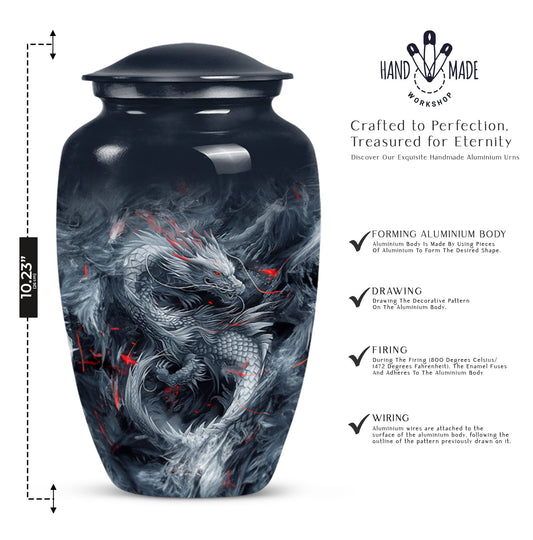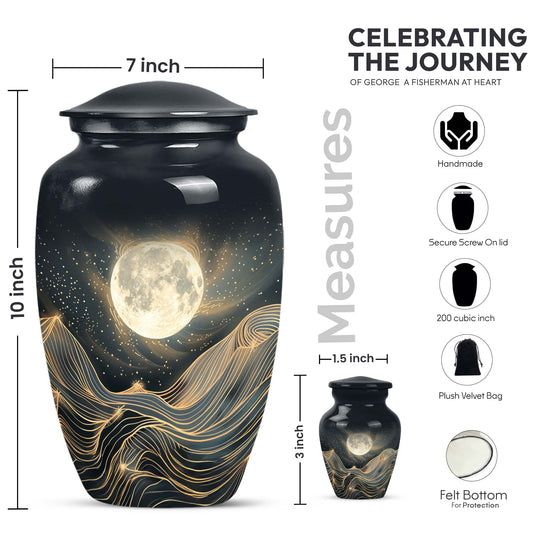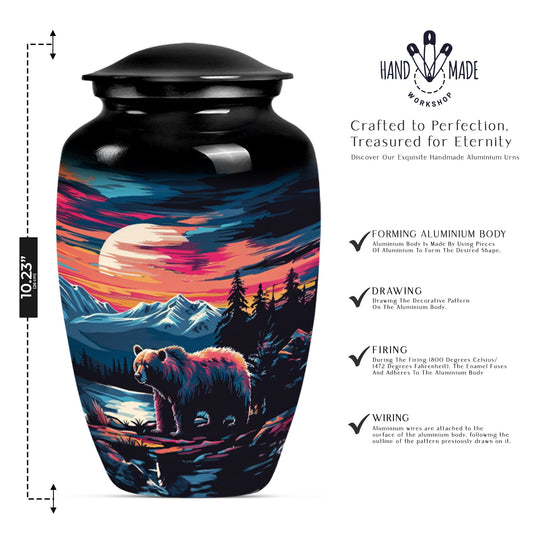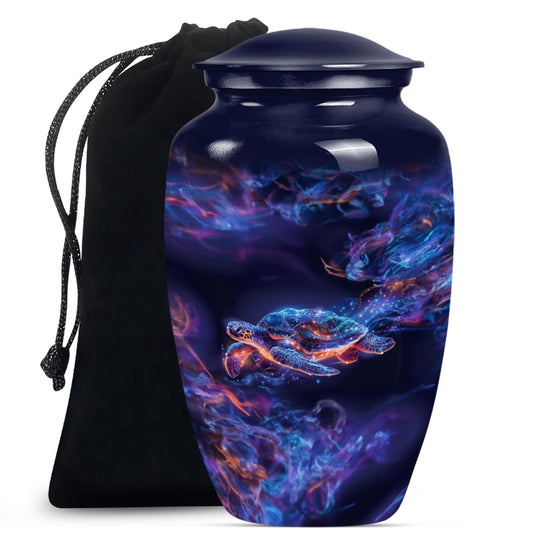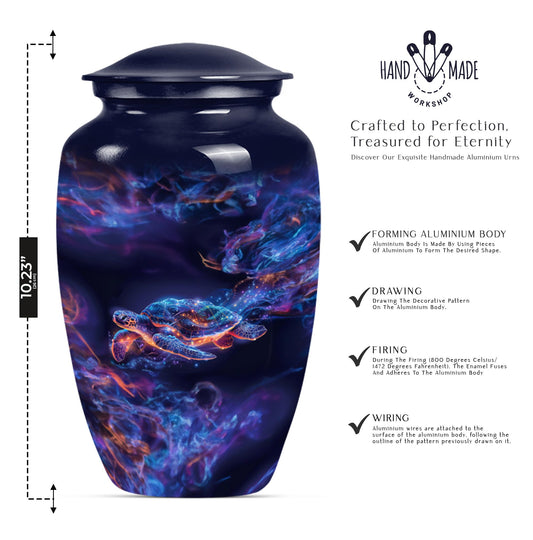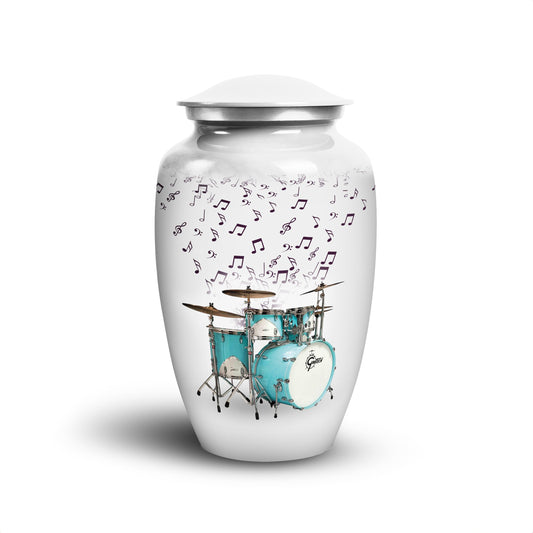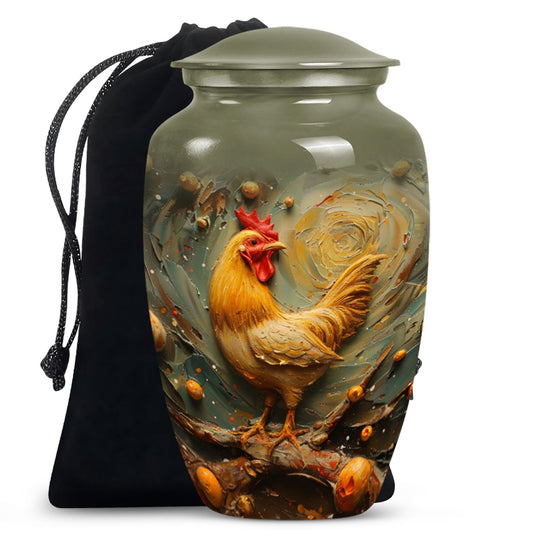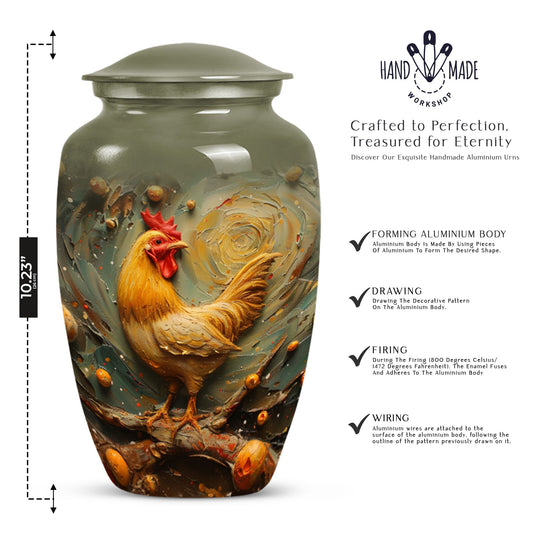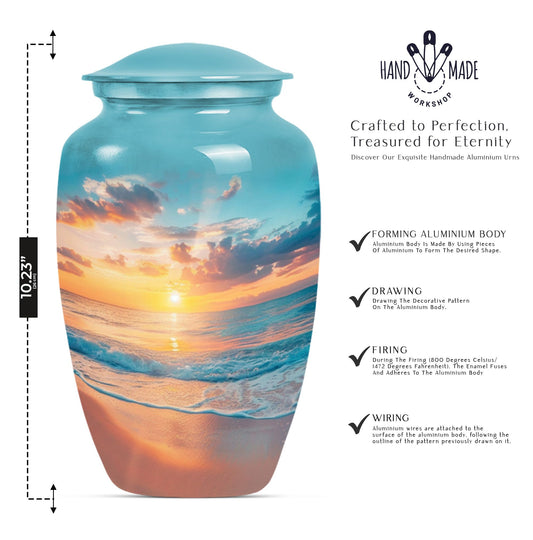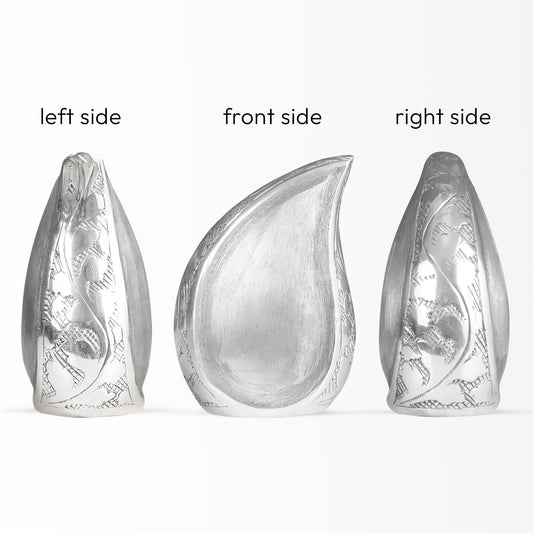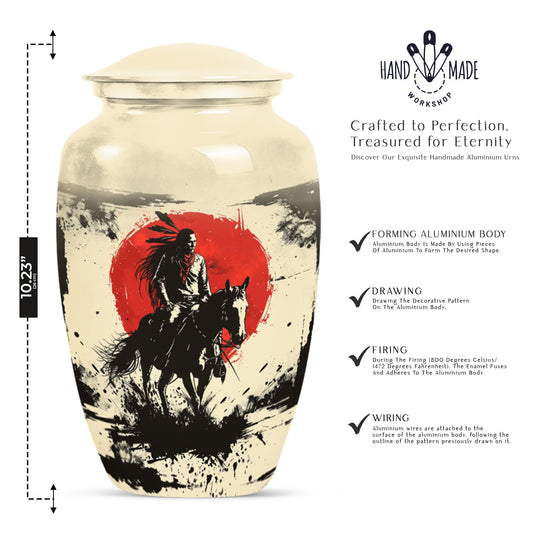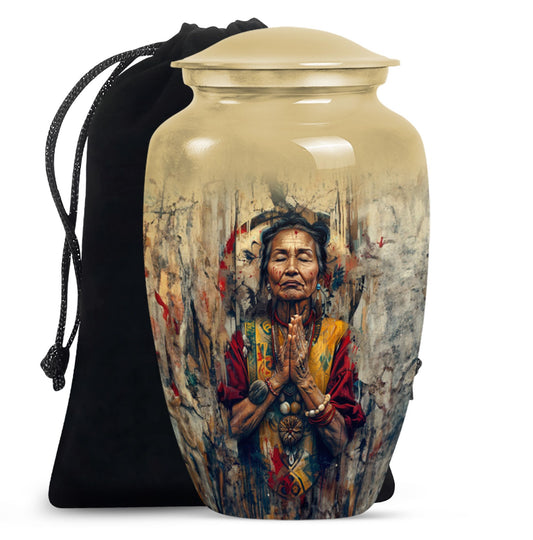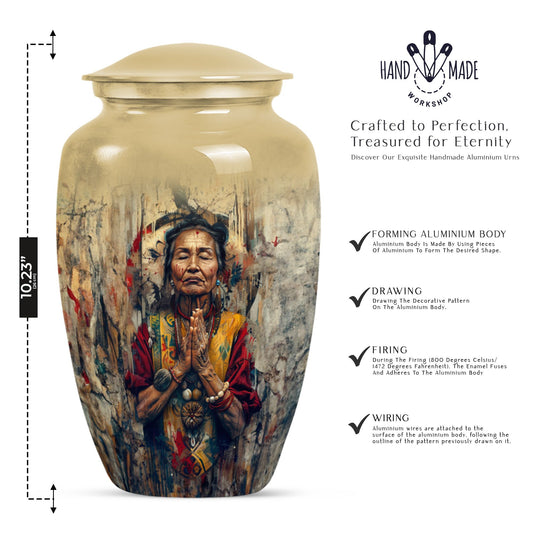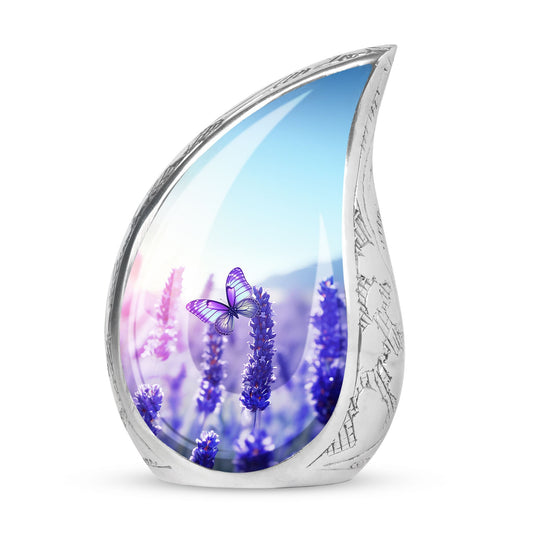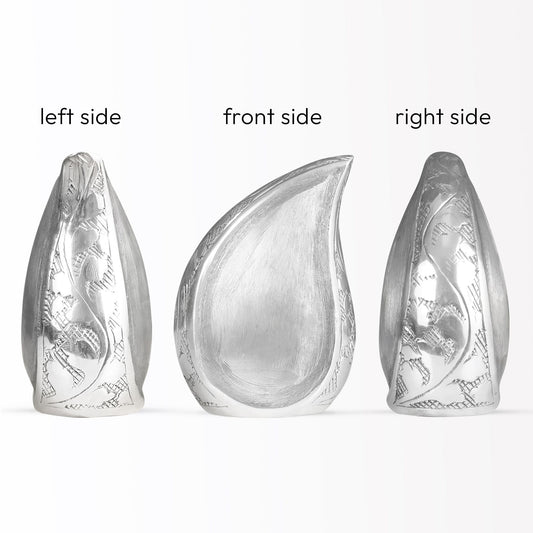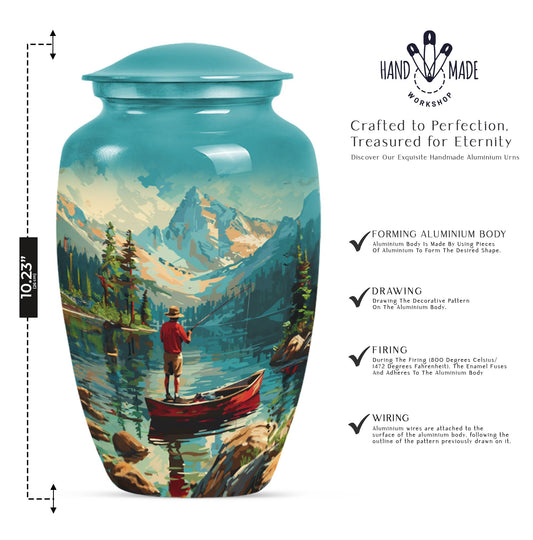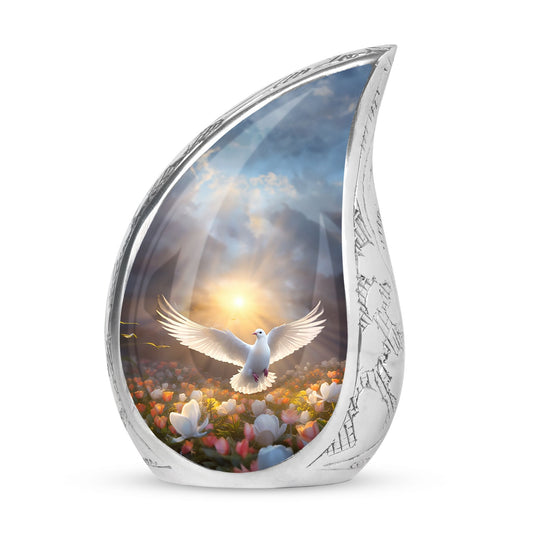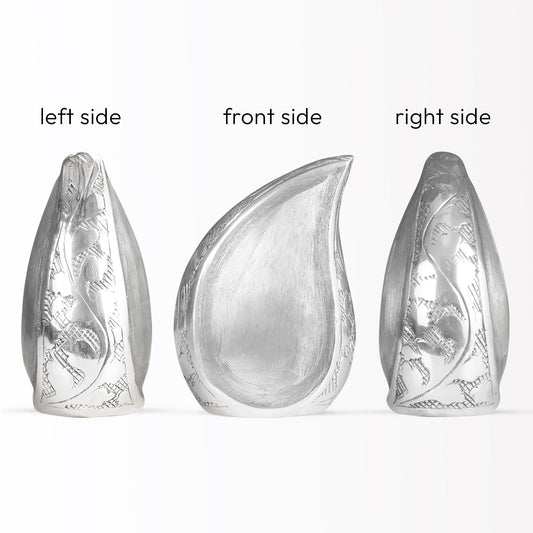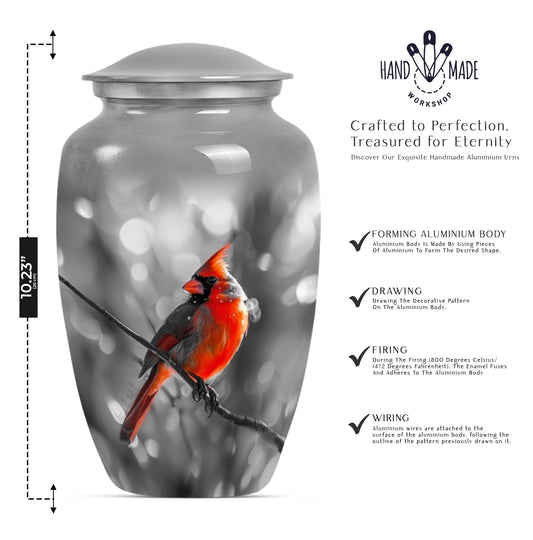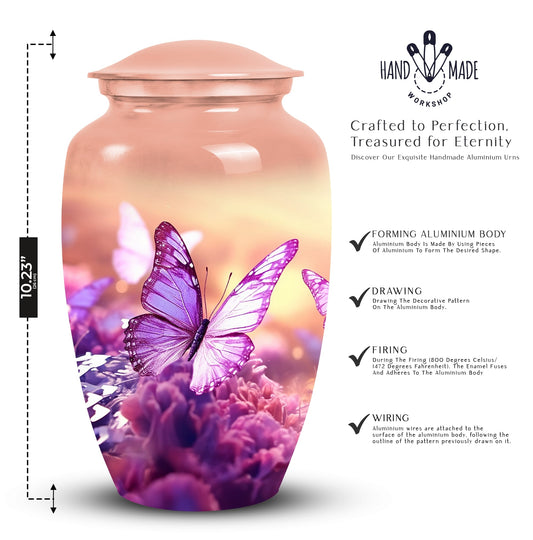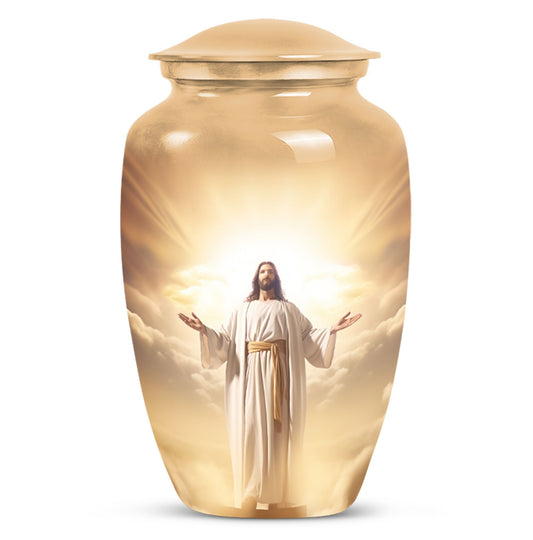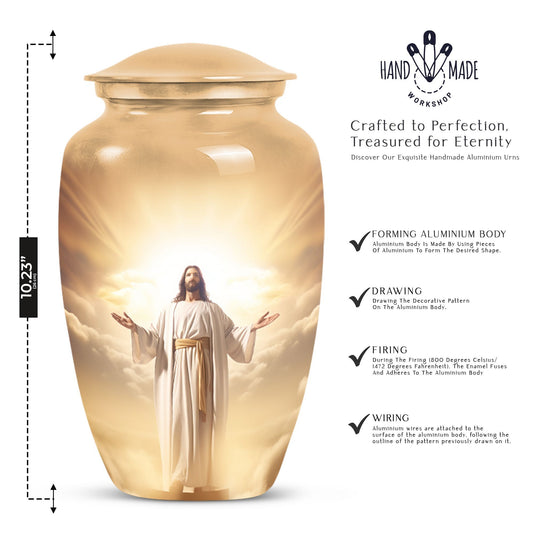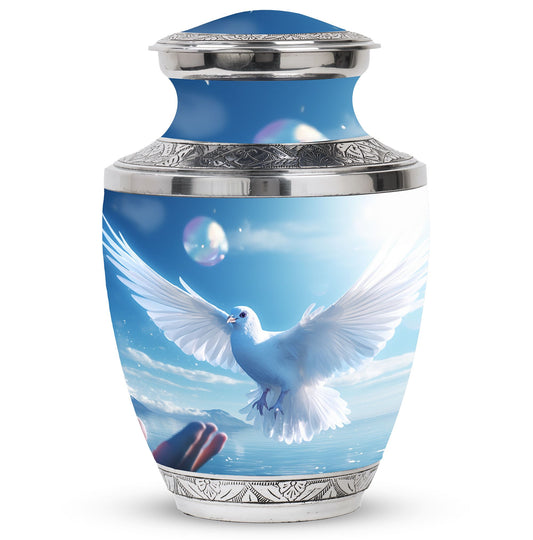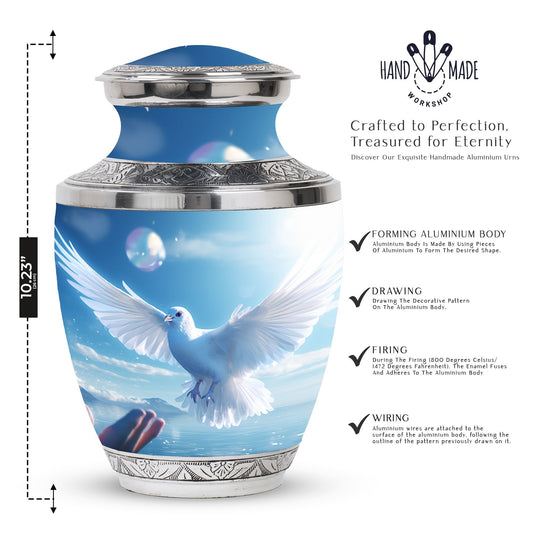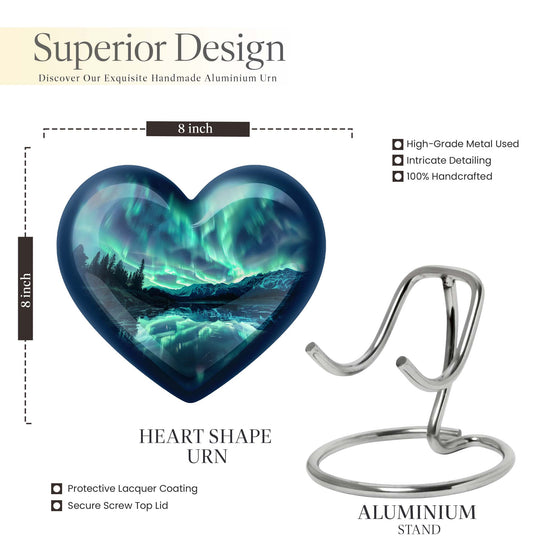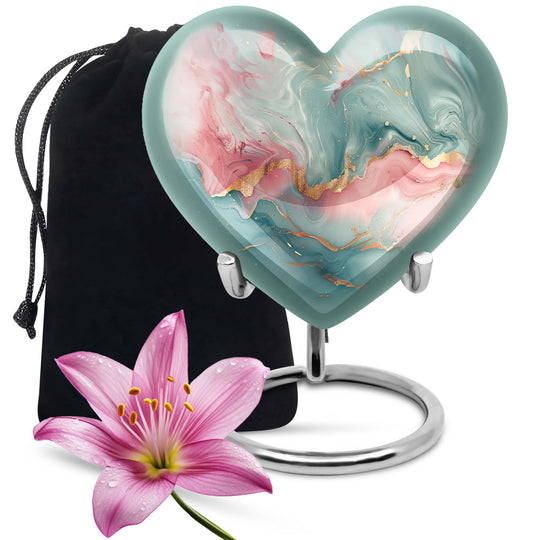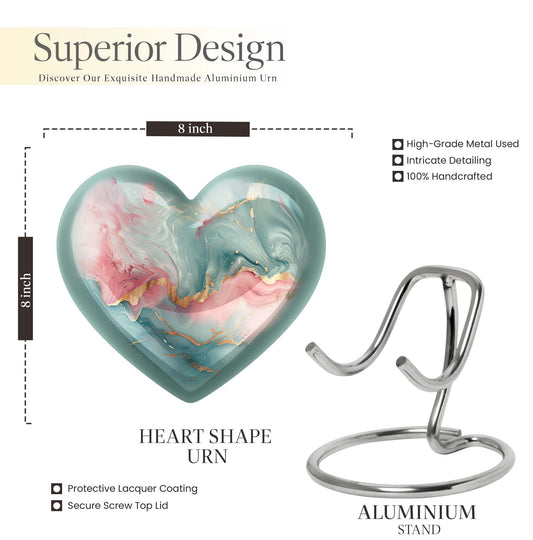Popular Urns
Is It Common For Families To Split The Ashes Of A Loved One?
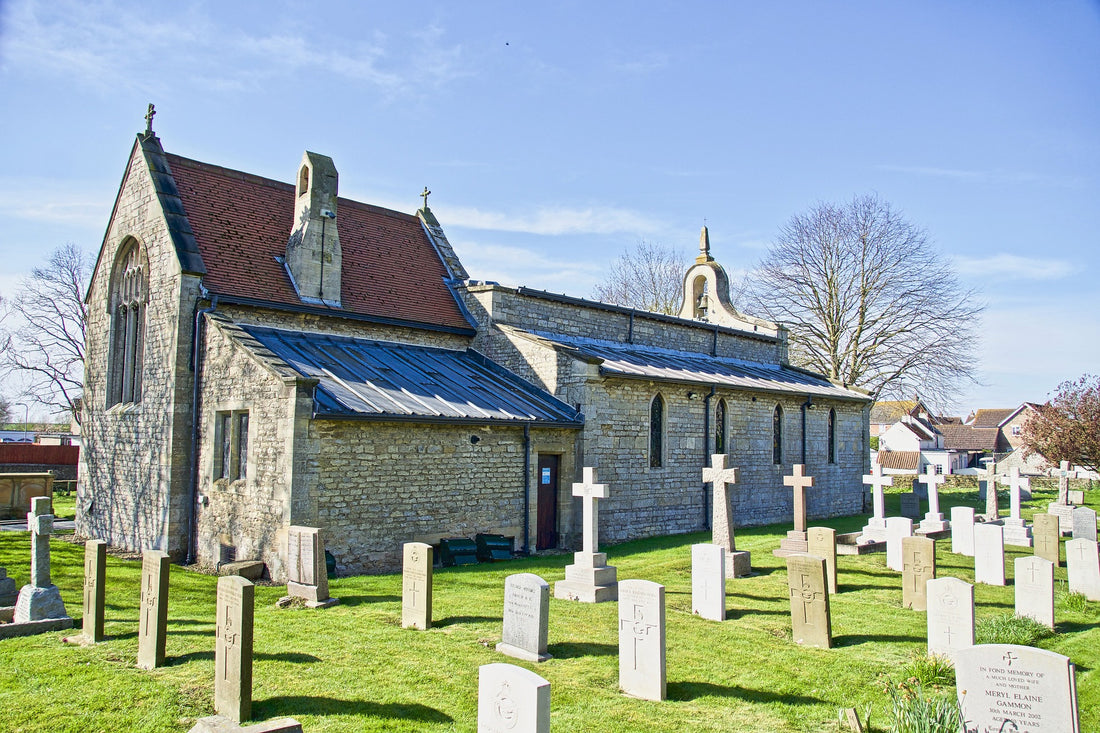
The separation of cremated ashes occurs in a situation that ignites and triggers very strong emotions and ethical questions among the family and loved ones. While some see separation as a way of establishing individual relationships, others find it to be quite very disrespectful to the person.
In this article, we discuss the pros and cons of separating the cremated ashes.
Reasons for Separation of Cremated Ashes:

1. Respect for Personal Relationships
The primary reason one separates cremated ashes is the respect of personal relationships. The family members or even close friends may wish to hold a part of the ashes so that they remember the dead in a unique manner.
For instance, a spouse may take a more considerable part, while children may require smaller keepsake urns. This can also create a feeling of closeness and personal memory so that everyone can be able to associate themselves with their loved one.
2. Symbolic Presentation
Separating ashes can also be symbolic. To some, it represents the different relationships and shared memories that existed in life with a deceased person. Consider for example the loved one who was an avid gardener. In this instance, some of the ashes might be mixed into the soil of a precious plant as a last tribute to their deceased spirit to live on in the fashion they liked.
3. Flexibility of Memorialization
The separation of ashes leaves room for the family to be rather flexible in their ways of memorialization. Some will choose dispersing parts of the ashes based on their preference to scatter them in some places where the deceased held special connections, while others would prefer to save some in a decorative urn at home.

This flexibility creates an avenue by which the family can tailor unique and personalized memorial practices that inform and appeal to their unique beliefs and values.
Arguments Against Separating Cremated Ashes
1. Disrespect for the Deceased's Wish
Also feared with scattered cremated ashes is that it may be disrespectful to the wishes of the deceased. If he stipulated that his ashes should not be divided or should be dealt with in certain ways, then that would amount to a disrespect for him.
It is indeed very important for families that what the deceased communicated as his wish or preference before death be put into consideration.
2. Loss of Cohesion
Another significant effect of separation of ash is the possible loss of family cohesiveness among members. Cremation can be a common act, even relating to family ties.
Separation of ashes may lead to emotional distance or conflict among members, especially when there could be disagreements on where the ashes should go or how they may be memorialized. Holding onto a family-cohesive memorial will keep the personal relationships alive during a trying time.

3. Ethical and Spiritual Considerations
Separation of ashes could also conflict with spiritual and afterlife as cremated remains could be considered sacred to some cultures and religion. Such families may not consider separation of ashes comfortable in the context of deviation from spiritual and cultural norms and can evoke feelings of guilt or unrest among the family members holding that view.
A Personal Decision -
Ultimately, whether it is wrong to separate cremated ashes depends upon the viewpoints and values held by the individuals concerned. Again, families must find a more open channel for discussion about how they feel and wish.
By talking things through, families should be able to navigate the complexities of this decision within their own frameworks of thought for the memory of the deceased and their personal needs and beliefs. It doesn't matter which way it is decided; the most important thing is that the result of the choice is love and respect and an understanding of the legacy the deceased left behind.




